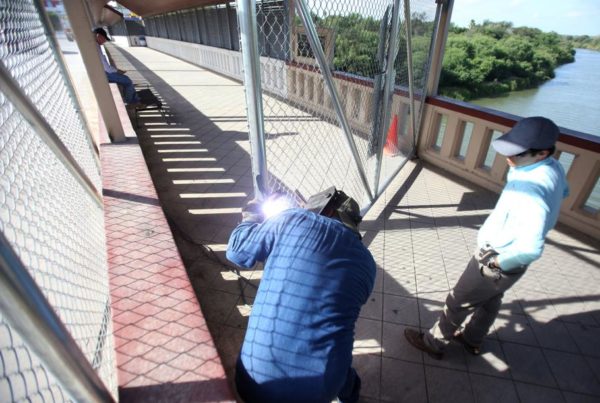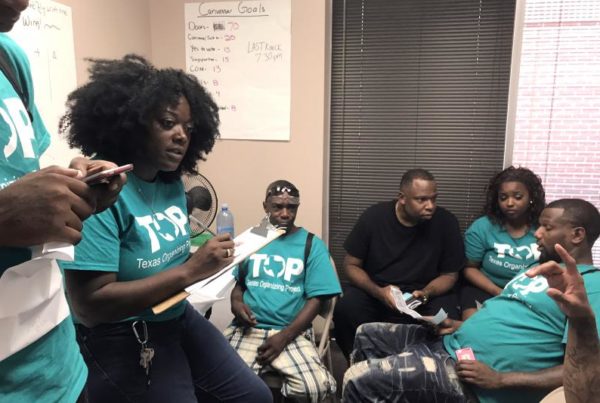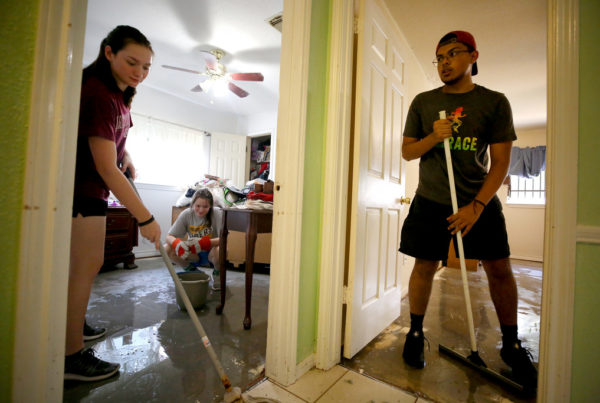Texas’ southern border is ground zero in the nation’s immigration debate. We’ve covered concerns that the Trump administration’s family separation policy could have lasting traumatic effects on the migrant children separated from their parents at the border. A recent study looked at the health impact on kids who are part of families of mixed legal status, such as the roughly 1,800 kids in the Rio Grande Valley who had a parent deported by Immigration and Customs Enforcement last year.
Tania Chavez is with one of the groups releasing the study, La Union del Pueblo Entero or LUPE, a migrant relief and immigrant rights organization in the Rio Grande Valley.
The study surveyed more than 200 parents of children who in which at least one person in their family is undocumented. The survey, combined with in-depth interviews of medical, education and business professionals in the Valley, found that children who were separated from parents, or whose parents were or deported show symptoms of separation anxiety that are higher than the national average.
“What parents were saying that they were noticing in their children is when children leave for school they’re afraid that when they come home their parents won’t be there when we come back,” Chavez says.
The study also found that in the Rio Grande Valley, one in four children of undocumented parents has experienced toxic stress because of their parent’s immigration status. This is compared to one in 10 children across the United States who experience toxic stress. Chavez explains that toxic stress changes the biology of a child’s brain, including the areas of the brain that deal with attachment or fear.
As a result of these findings, LUPE has specific goals,
“We want local law enforcement to prioritize local policy or resources towards making sure that they policeman are serving the public and not acting as immigration officials,” Chavez says. “The second thing is that to increase the use of cite and release practices during traffic stops. What we’re proposing is that during traffic stops law enforcement focuses on what the stop was about and not on whether or not that person has an immigration status.”
Written by Morgan Kuehler.
















